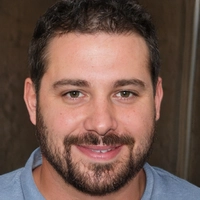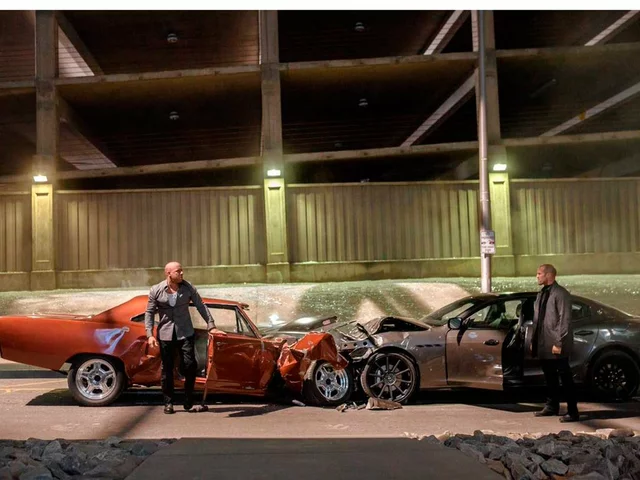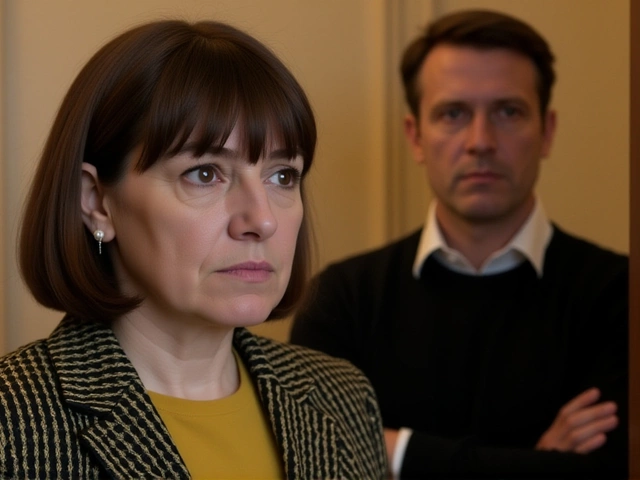When the final whistle blew at Independence Park in Kingston on November 20, 2025, the players from Curaçao didn’t celebrate with fireworks or chants — they just stood there, eyes wide, arms limp, as if waiting for the world to catch up. They’d just done the impossible. A nation of 150,000 people, with no players born on its soil, had qualified for the 2026 FIFA World CupUnited States, Canada, and Mexico. Not just qualified — they finished top of their group, undefeated, and survived a last-gasp penalty call that was overturned by VAR. This wasn’t luck. It was destiny. And it’s changing what we think is possible in football.
The Miracle on the Pitch
The final match against Jamaica ended 0-0, but the drama unfolded in the 93rd minute. Jamaica was awarded a penalty after a handball in the box. The crowd roared. The Jamaican players sprinted toward the spot. Then, referee Ricardo Montero paused. He consulted VAR. And reversed it. No penalty. The stadium fell silent. On the Curaçao bench, players collapsed into each other’s arms. Kenji Gorré, the 30-year-old winger whose mother and grandmother are from Curaçao, later said, "My heart just dropped again... and we were like, wow, we are actually going to the World Cup. This is destiny." That moment sealed Curaçao’s 12-point campaign in CONCACAF Group B — three wins, three draws, zero losses. They’d already crushed Bermuda 7-0 just six days earlier. Their journey began with a 4-0 win over Saint Lucia in June 2025, followed by shutouts of Aruba and Barbados. Even Haiti, a traditional regional power, fell 2-1 to them in September. The team didn’t just win — they outlasted, outsmarted, and outplayed teams with ten times their population.
How a Nation With No Local Players Made It
Here’s the twist: not a single player on Curaçao’s roster was born on the island. According to MARCA, every one of them qualified through heritage — Dutch-born, Surinamese-born, even Canadian-born players with Curaçaoan grandparents. Kenji Gorré, who scored in the crucial 2-0 win over Jamaica in October, is the face of this team. His mother was born in Willemstad. His grandmother grew up there. "It does something to my soul," he said. "This isn’t just football. It’s family." The Curaçao Football Federation, long plagued by financial chaos, had left players unpaid for months. That’s why Dick Advocaat, the 77-year-old Dutch legend who once coached the Netherlands and Russia, delayed his appointment until January 2024. He waited until the federation sorted out its debts. When he finally took over, he didn’t bring flashy tactics. He brought structure. Discipline. Belief. "We didn’t have money," he told reporters after the match. "But we had heart. And that’s all you need when you play for something bigger than yourself." The team’s FIFA ranking? 82nd. Their population? Smaller than Uiwang City in South Korea. And yet, they beat nations with professional leagues, state-funded academies, and decades of World Cup experience.
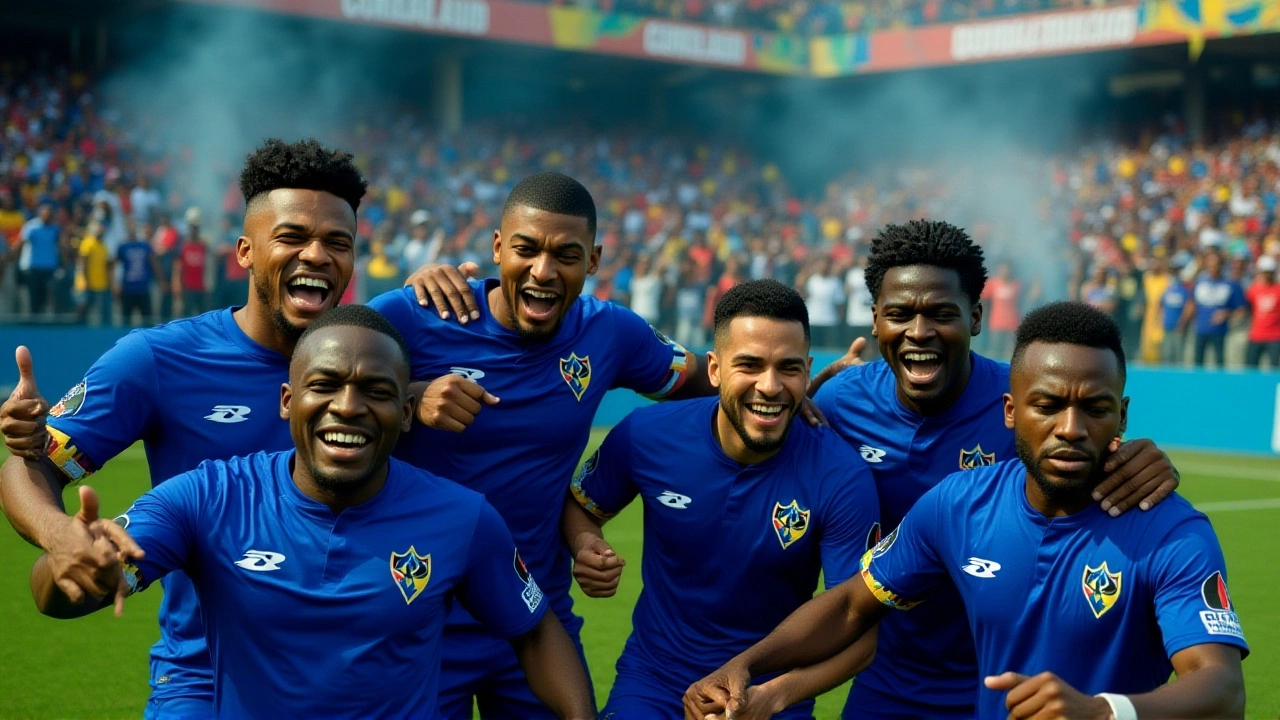
The Bigger Picture: Why This Changes Football
This is the first World Cup with 48 teams — a decision FIFA made in 2017 to give smaller nations a real shot. Before, CONCACAF had just three direct spots. Now, it has six — plus two more through playoffs. Curaçao didn’t just take advantage of the expansion. They redefined it. They didn’t need a billion-dollar infrastructure. They needed a coach who showed up, players who cared, and a community that never gave up.
Uzbekistan and Jordan also qualified for the first time. Haiti made it back after 52 years. Cape Verde became the third-smallest nation ever to reach the tournament. But Curaçao? They’re the new benchmark. They didn’t just qualify. They shattered the myth that football success requires size, wealth, or population.
What Comes Next?
Curaçao will be placed in one of the 12 groups when the draw happens in December. They’ll face giants — Brazil, Spain, Argentina, maybe even the United States. They won’t have the resources. But they’ll have something rarer: unity. And purpose. Their players will walk into stadiums with their families’ names on their jerseys. Their fans, scattered across the Netherlands, Suriname, and Florida, will watch with tears in their eyes.
FIFA President Gianni Infantino called it "an incredible achievement." But the real miracle? It wasn’t the VAR decision. It wasn’t the 7-0 win over Bermuda. It was the fact that a tiny island, once overlooked, refused to believe it was too small to matter.
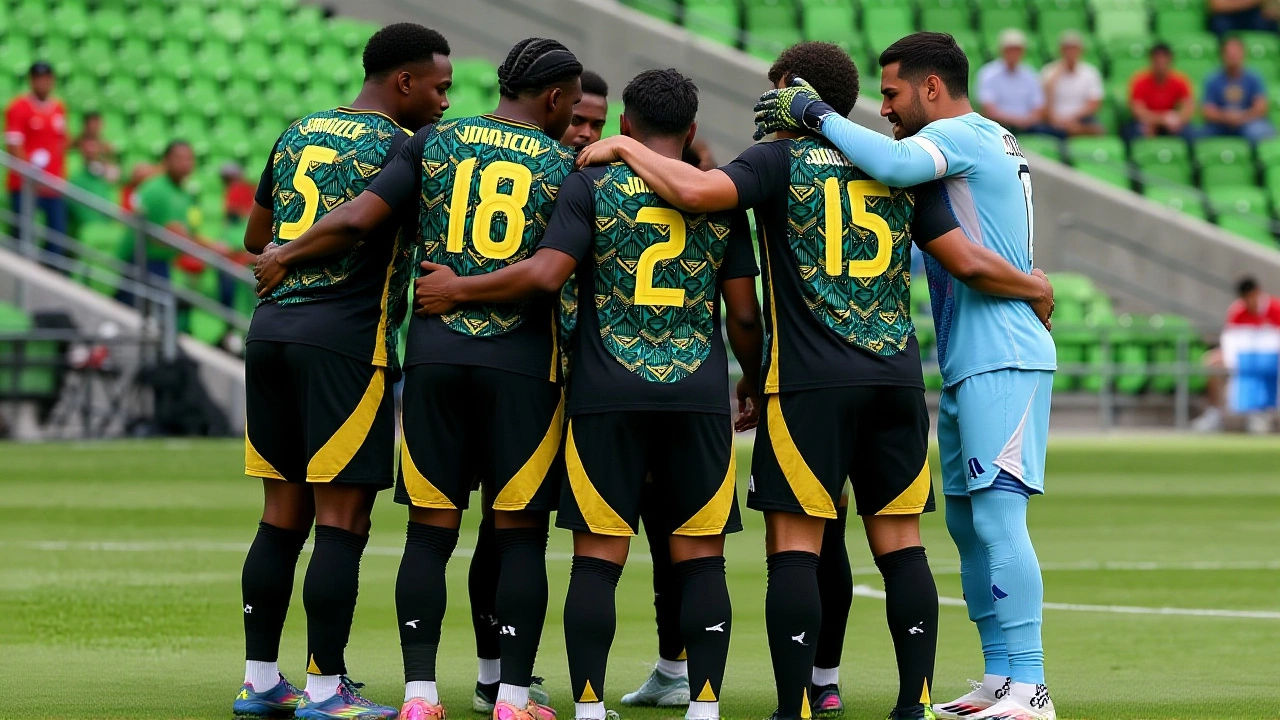
Behind the Scenes: The Forgotten Struggle
Before the glory, there was silence. In 2023, players went months without pay. Some worked part-time jobs to afford plane tickets to training. One defender sold his car to cover visa fees. The federation’s offices were once locked due to unpaid rent. Advocaat didn’t just coach them — he became a father figure. He held family meetings. He called parents. He reminded them: "Your son isn’t just playing for Curaçao. He’s playing for every kid who was told they weren’t good enough." The dissolution of the Netherlands Antilles in 2010 left Curaçao with no history, no legacy, no tradition. Four World Cup cycles later, they’ve written their own.
Frequently Asked Questions
How is Curaçao able to field a team with no players born on the island?
Curaçao’s entire squad qualifies through heritage — players with parents or grandparents born on the island, even if they were born abroad. Many are Dutch, Surinamese, or Canadian nationals with Curaçaoan roots. FIFA allows this under its eligibility rules for national teams, which prioritize ancestral ties over birthplace. This strategy mirrors other small nations like Iceland and North Macedonia, but Curaçao took it further, assembling a team entirely from the diaspora.
Why did Dick Advocaat delay his coaching role?
Advocaat postponed his appointment until January 2024 because the Curaçao Football Federation was in financial disarray, with players unpaid for months. He refused to take the job until the federation resolved its debts and stabilized operations. His patience paid off: by the time he arrived, the team had a clear budget, consistent training, and morale. He later called it "the most rewarding job of my career," despite his age and past success with top European teams.
How does Curaçao’s population compare to other World Cup teams?
At 150,000, Curaçao is smaller than any nation ever to qualify for a World Cup — less than half the size of Iceland (350,000) in 2018. For context, China’s population is 1.4 billion, yet has never qualified. Even Luxembourg (650,000) and New Zealand (5 million) have struggled to reach the tournament. Curaçao’s achievement is comparable to a high school team beating a professional club — except they’re doing it on the global stage.
What impact will this have on other small nations?
Curaçao’s success is already inspiring smaller CONCACAF nations like Saint Lucia, Suriname, and the British Virgin Islands, who now see a viable path. It proves that organization, cultural pride, and diaspora engagement can outweigh financial resources. FIFA may now reconsider how it allocates development funding, shifting focus from infrastructure to identity-building. This isn’t just a story about football — it’s a blueprint for underdogs everywhere.
Who else qualified for the first time in 2026?
Alongside Curaçao, Uzbekistan and Jordan made their World Cup debuts. Haiti returned after a 52-year absence. Cape Verde became the third-smallest nation ever to qualify, with a population of about 500,000. Panama also secured automatic qualification, finishing top of Group A. These teams represent a new era — one where football’s global reach is finally catching up with its diversity.
How did the 48-team format help Curaçao?
The expansion from 32 to 48 teams, approved by FIFA in 2017, increased CONCACAF’s direct slots from three to six, plus two playoff spots. This gave Curaçao breathing room. Even after drawing Jamaica, they still had a cushion. In the old format, one loss would’ve ended their hopes. Now, consistency over six games — not one miracle result — was enough. The expansion didn’t just create opportunity; it created legitimacy for the smallest nations.
